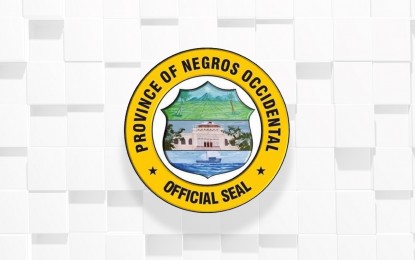
BACOLOD CITY – The Negros Occidental provincial government is proposing the establishment of a bulk water supply project along two major rivers through a public-private partnership (PPP).
As of Friday, the plan includes the setting up of the first facility along the Imbang and Malogo Rivers in Silay City to help meet the water supply requirements of the province.
Governor Eugenio Jose Lacson said the provincial government is taking the lead in the development of a bulk water supply project to ensure the availability of safe, clean, and potable water for Negrenses.
“Together with the PPP Center, United States Agency for International Development (USAID), and a private partner, we will start the construction of at least one bulk water facility in the next three years,” he said.
Lacson acknowledged the assistance of the USAID Safe Water initiative in the development of the Provincial Integrated Water Security Plan.
In Negros Occidental, the Imbang and Malogo Rivers are among the biggest streams that have the potential for future surface water resources.
Currently, the province’s groundwater availability is only at 8 percent thus, there is an urgent need to utilize other water sources, including surface water resources, which have 92 percent availability.
In a recent consultation meeting with bulk water off-takers, Lawyer Jessa Genteroles, PPP focal person for Negros Occidental, said the current underground water resource will no longer hold the demand of the province by 2035.
She added that scarce underground water is nearing the critical level and saltwater intrusion will be irreversible, indicating the need to diversify the source of potable water.
During the Provincial Water Summit held last April, Lacson and PPP Center Executive Director Ferdinand Pecson signed a memorandum of agreement that outlines a cooperation framework and technical assistance that will be provided by the agency to the province.
Lacson had pointed out that the water security of Negros Occidental is now “at a critical point” because of rapid population growth, urbanization, and water demand for agriculture, further aggravated by water pollution, waterborne diseases, and destruction of watersheds. (PNA)
